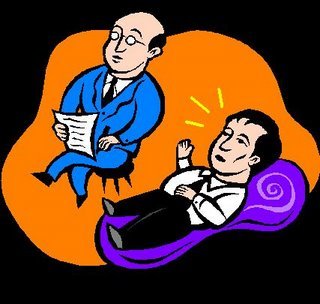
When you see qualities in another that you don’t like, and have in yourself, then you have one of two choices. You can either evade the parallel and proceed to attack the other person. Or, you can stop and introspect: “Wow. I don’t like this quality in myself. I’m going to change this about myself rather than attack him. He might deserve my criticism, but if he does I deserve it just as much. Once I change it, then I have the credibility (most of all, with myself) to tell him he should change. But not a moment sooner.”
One of the ways the psychiatric industry has been so destructive is that it allows people, through the proliferation of psychiatric labels, to put each other down for qualities they possess themselves. I wish had a dollar — no, even nickel would do — for every person who calls their ex-spouse, their boss, their kid or their parent a “narcissistic” personality or a “borderline” personality or a “Bipolar” so that they don’t have to face the same — or worse — qualities in themselves. There’s an old saying which foresaw the disastrous wreckage created by the modern pseudoscience of psychiatry. It went like this: “A little bit of knowledge is a dangerous thing.” That’s what psychiatry has done to America. Case in point: If you add up the people who allegedly have “Attention Deficit Disorder” along with all the people who are SURE that at least one person they know has it, you have … 100 percent of the American population. Now, if something is a disorder — referring to an abnormal exception, not the norm — then how could this be? You don’t find the entire population having cancer, do you? That’s because cancer really exists outside the context of a mere feeling or opinion.
There’s another old saying that foresaw, even better, what pseudomedical labels would do: “It takes one to know one.” I think that’s my favorite one of all.
